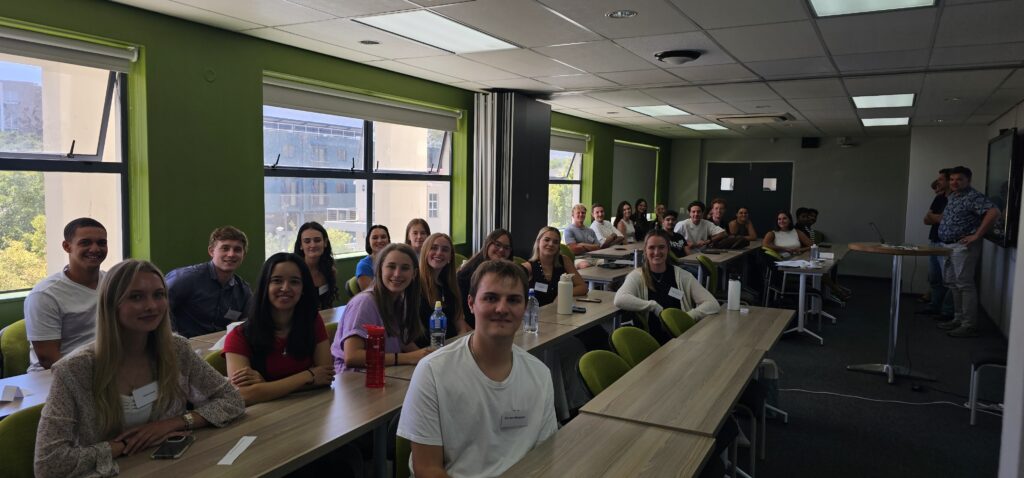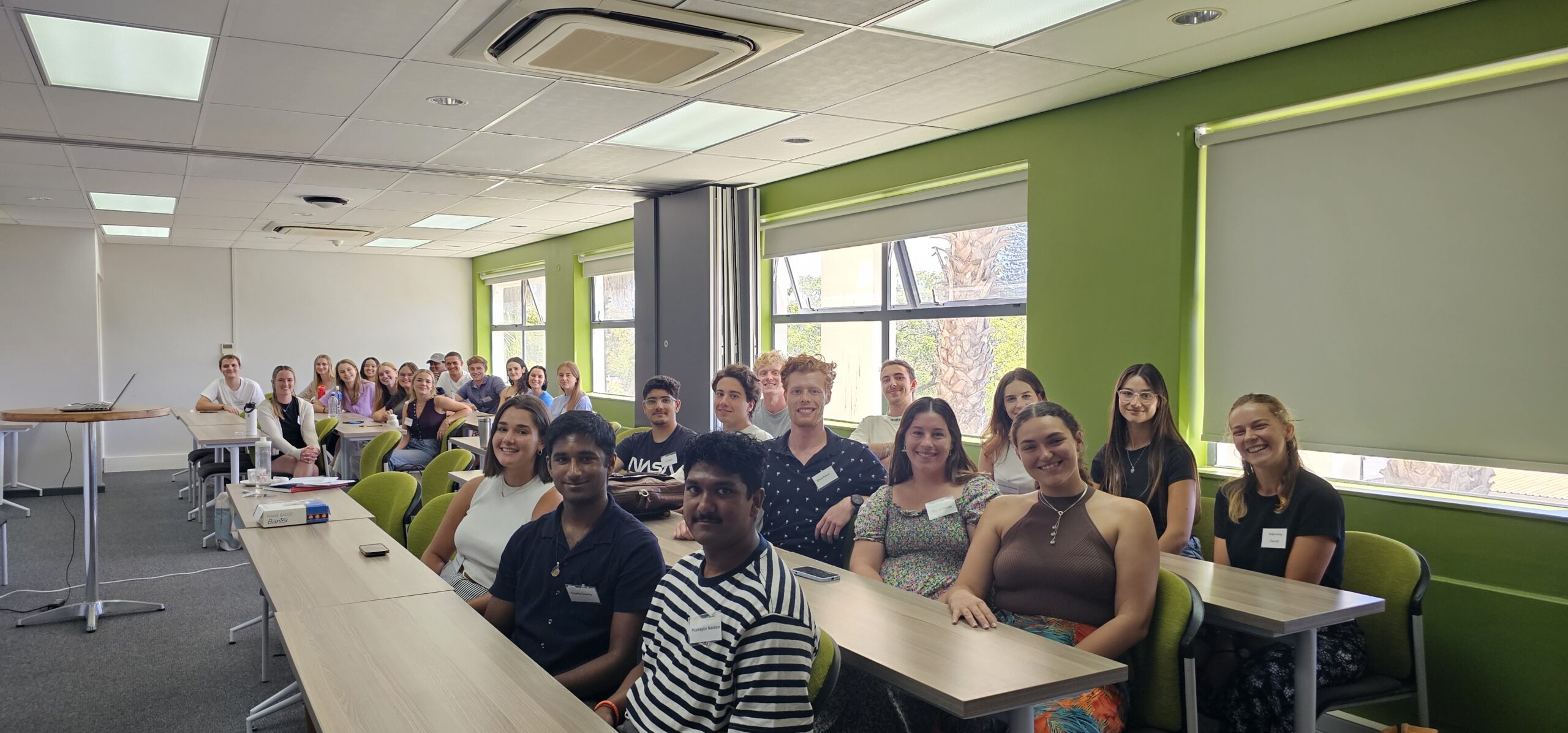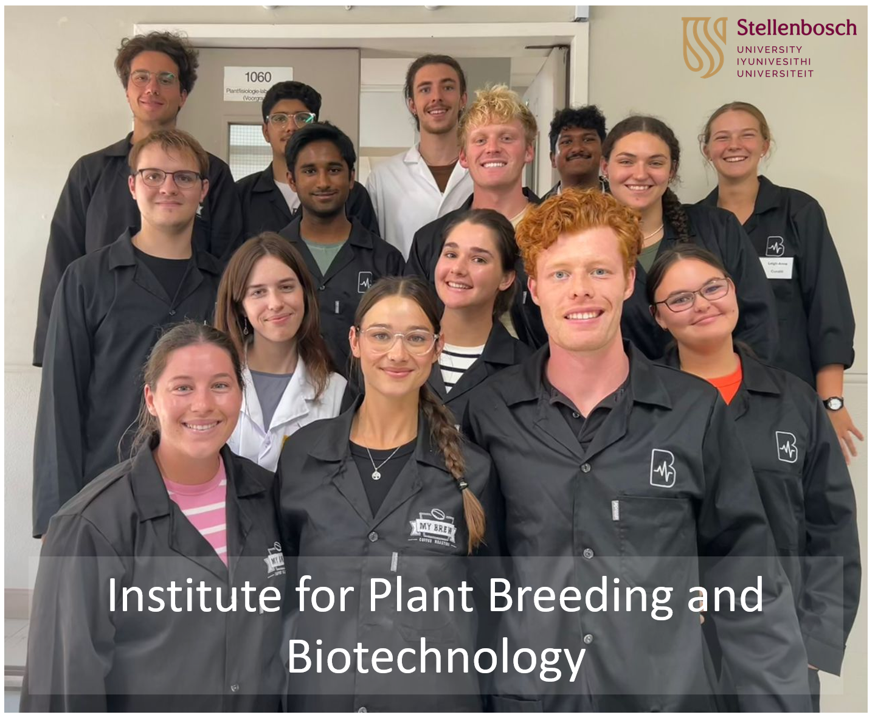
Welcoming Our 2025 Honours Students
The Genetics Department is delighted to welcome 27 new Honours students to our program this year. Among them, 12 will be based within the department, while the remaining 15 student will join the Institute for Plant Breeding and Biotechnology (IPPB) which is host within the Department. Admission to the Honours program requires a minimum average of between 60% to 65% for the different programs, but this year’s cohort has exceeded expectations, with most students achieving an impressive >70%, placing them among the top-performing BSc graduates of 2024.
The Honours program spans one academic year, structured into six months of coursework followed by six months of research. Their academic year has commenced with the Advanced Molecular Techniques module, alongside a variety of specialized courses. IPBB students will focus on biotechnology-related topics, particularly plant sciences, while Genetics Honours students will follow an integrated curriculum covering human, animal, and plant genetics. The modules are presented by specialized academics who are experts in their respective fields, ensuring that students receive high-quality education.
In February, students will select their research projects, presented by our leading academics. These projects will explore a diverse range of topics, from genetic modification (CRISPR) and stress resistance in crops to genetic studies in animals (Population Genetics), including sharks and humans. Other research areas also include neuropsychiatric disorders and mitochondrial-associated diseases.
During the first six months, students will develop a strong theoretical foundation, including writing a literature review on their research project, which will be formally assessed. Additionally, they will engage in conceptual meetings with their academic supervisors and laboratory teams, which often include postdoctoral researchers, PhD candidates, and final-year MSc students, to enhance their research understanding.
As part of their academic training, Honours students will deliver a proposal presentation to the entire Department, showcasing their research project and demonstrating their understanding of the subject. Following this, they will enter their respective research laboratories, where they will conduct wet-lab experiments and/or in silico analyses. At the end of the six-month experimental phase, students will submit a mini-thesis, followed by their final defense presentation to the department.
The Honours year is known for being rigorous and demanding, requiring excellent time management, intellectual curiosity, and dedication, along with strong support from family and friends. However, it is also one of the mo st rewarding academic experiences, providing students with a strong foundation for future careers in research, industry, and academia—while also fostering lifelong friendships.
The Genetics Department and the Institute for Plant Breeding and Biotechnology are proud to welcome this exceptional group of students and wish them all the best for the year ahead!
Composed by The Department Scribe – M. le Roux







